Elppin is breast-inspired jewelry, but it is clearly much more than just decoration. It startles people out of everyday complacency by creating a reason to explore that which is overtly censored, concealed, and repressed –our nipples.
Elppin is a symbol that identifies and unites all those who engage in the battle against patriarchy. Beyond that, it’s the physical manifestation of the fight against injustice towards women.

Collection: ELPPIN
No products found
Use fewer filters or remove all
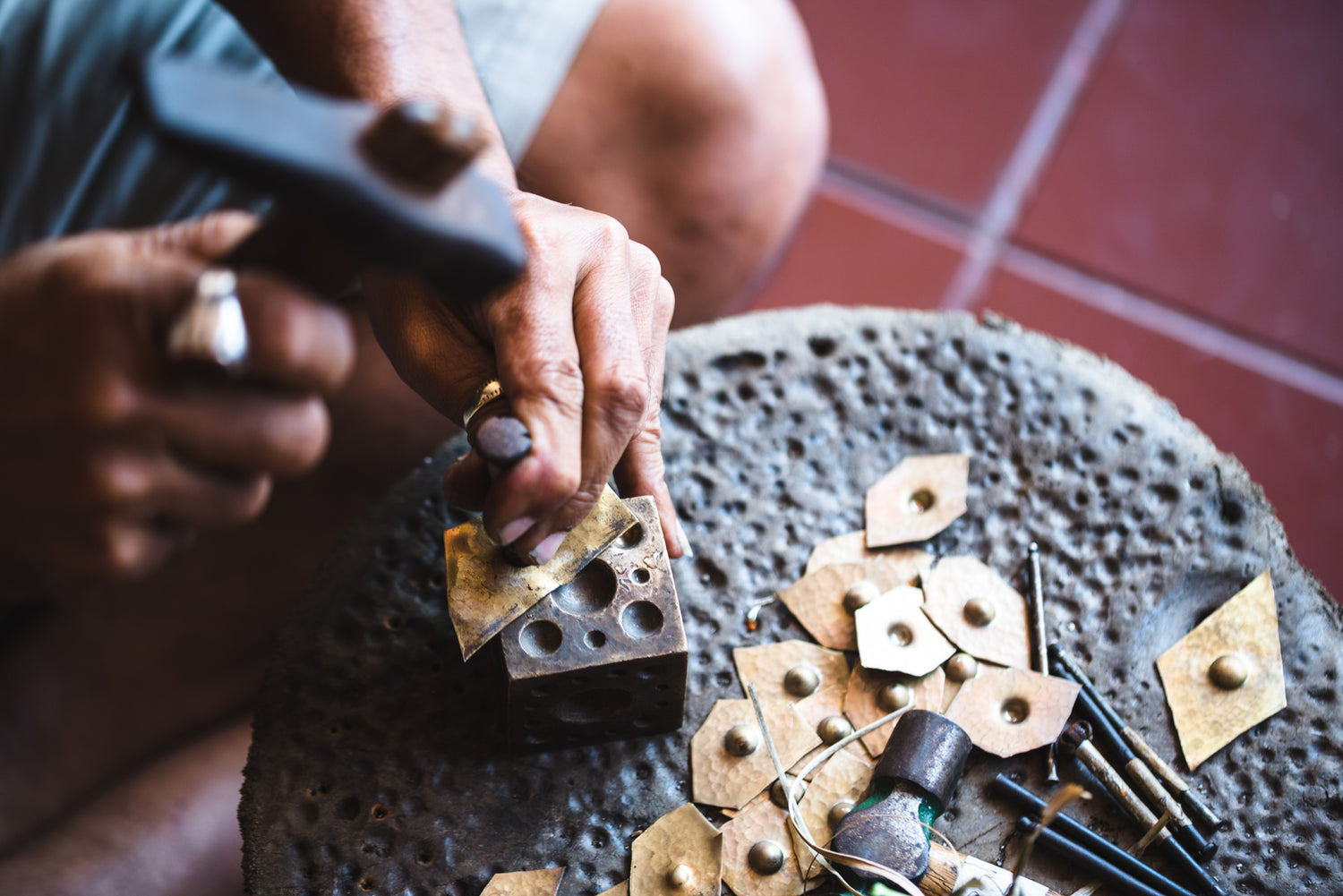
What we do
They censor our nipples, so we use shiny, reflective jewelry to challenge not only censorship, but the entire power structure that produces and sustains a culture of women’s oppression.
Part of the beauty of Elppin, is that you can choose to what degree, and in what fashion, you want to engage in the cause. It’s not solely about tearing down the system – as necessary as that might be – it’s about creating a community, a space and a conversation that we feel empowered in. Fertile ground for human growth, expression and freedom.
Elppin is something different to everyone. What will you make it?
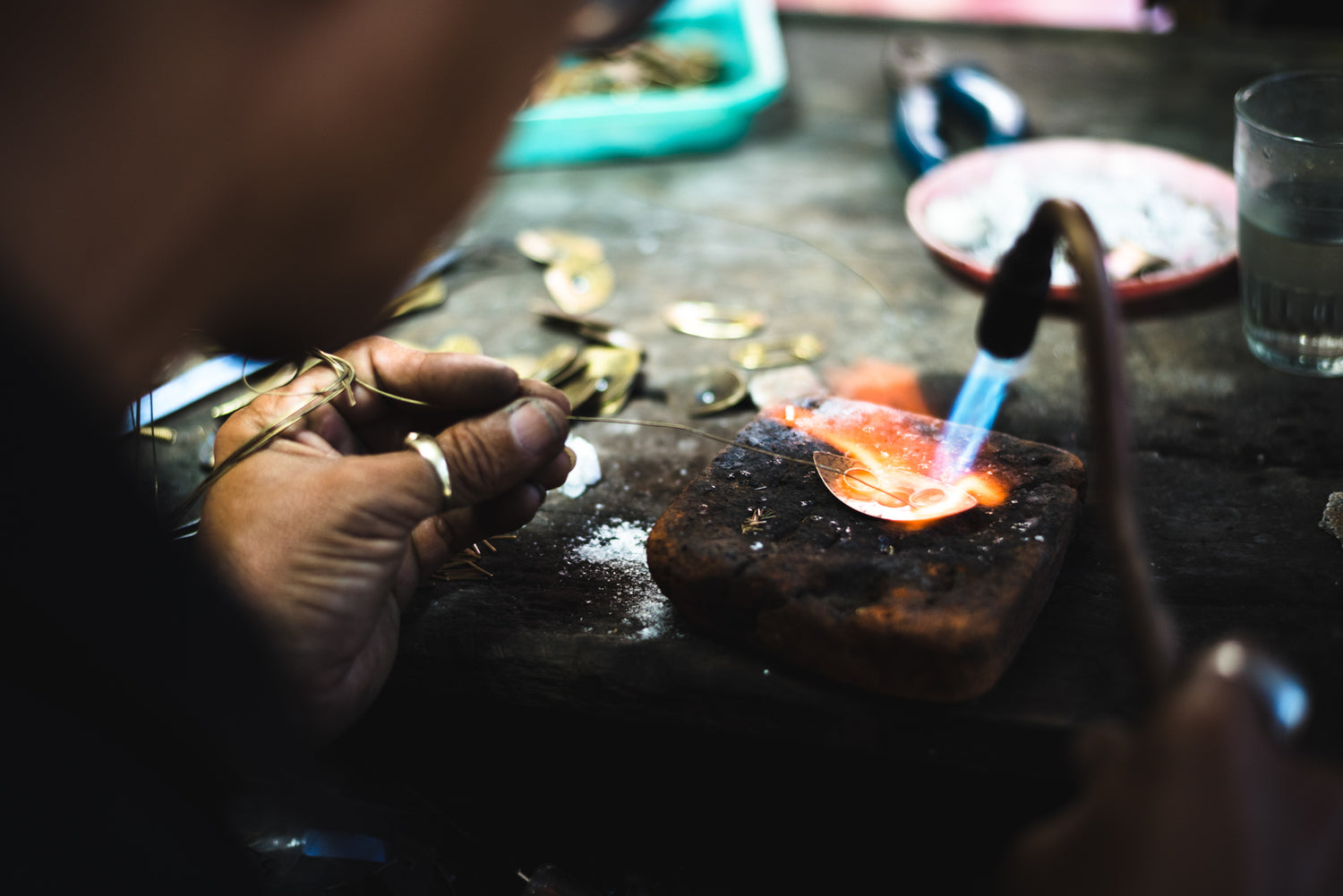
How we do it
Elppin pieces are made of hand-hammered metal — brass, silver, and gold — metal is durable; it’s fierce; it shields. And I also love how metal grows a patina over time. To me, that patina is a sign of the Elppin becoming a part of the life and character of the woman wearing it.
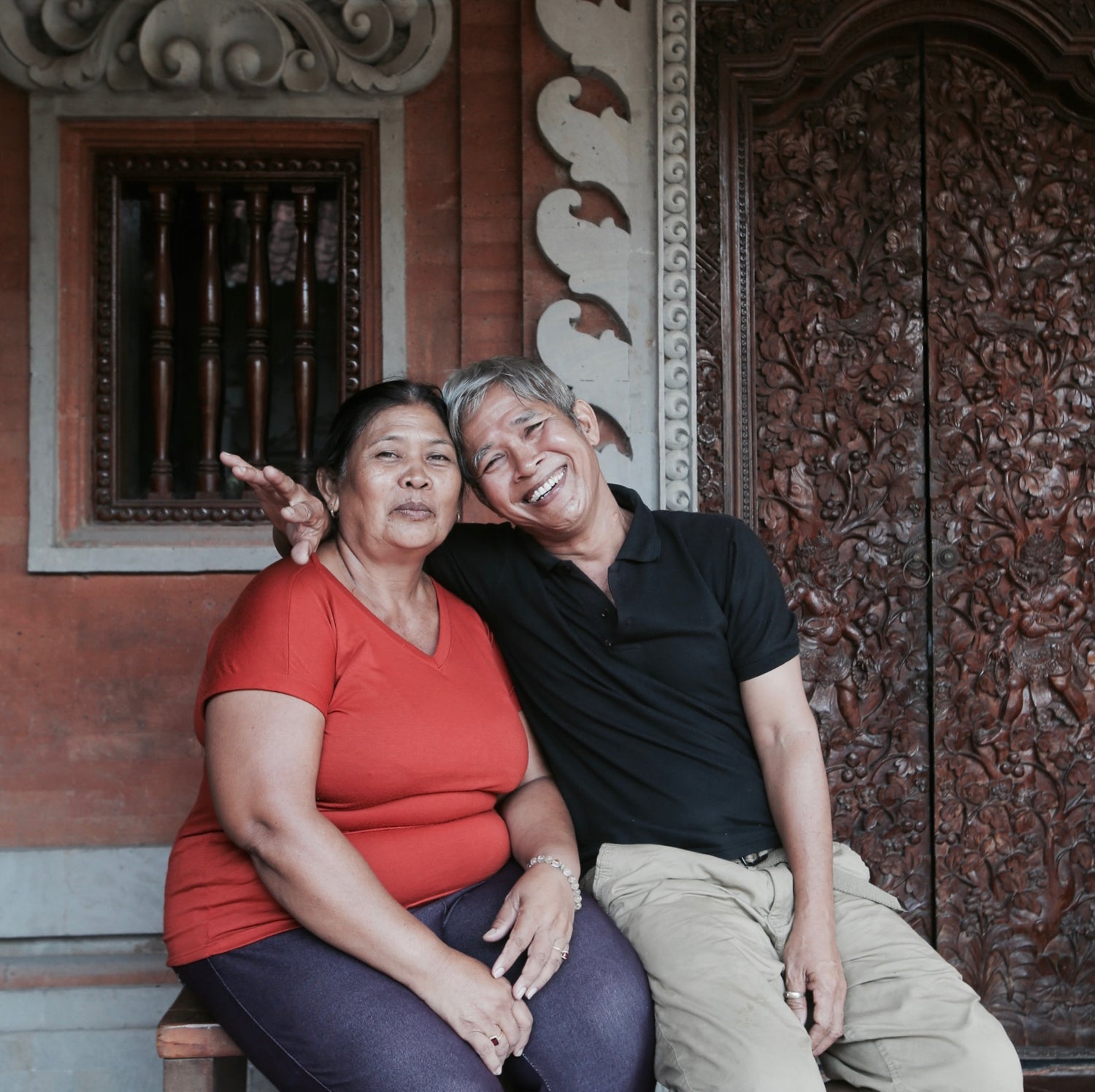
Who we work with
I work closely with a Balinese husband and wife goldsmith duo in their home workshop. I’ve known them my entire life. Komang and Ketut are part of the Balinese tradition of heritage metalsmiths; their roots go back to the Majapahit empire in the 15th century. In Balinese culture, nature is revered and beauty, in all forms, is honored. Precious metals are especially sacred and considered gifts from “the heart of the earth”.
Ketut has a beaming smile, an enthusiasm for creativity, and a commitment to the generational wisdom of artisans. Like most Balinese women, Komang does it all; she keeps the shop organized, and her husband on track, and prides herself on her attention to detail, in addition to making daily offerings to honor the Gods and caring for the family compound where their two sons and their families also live.
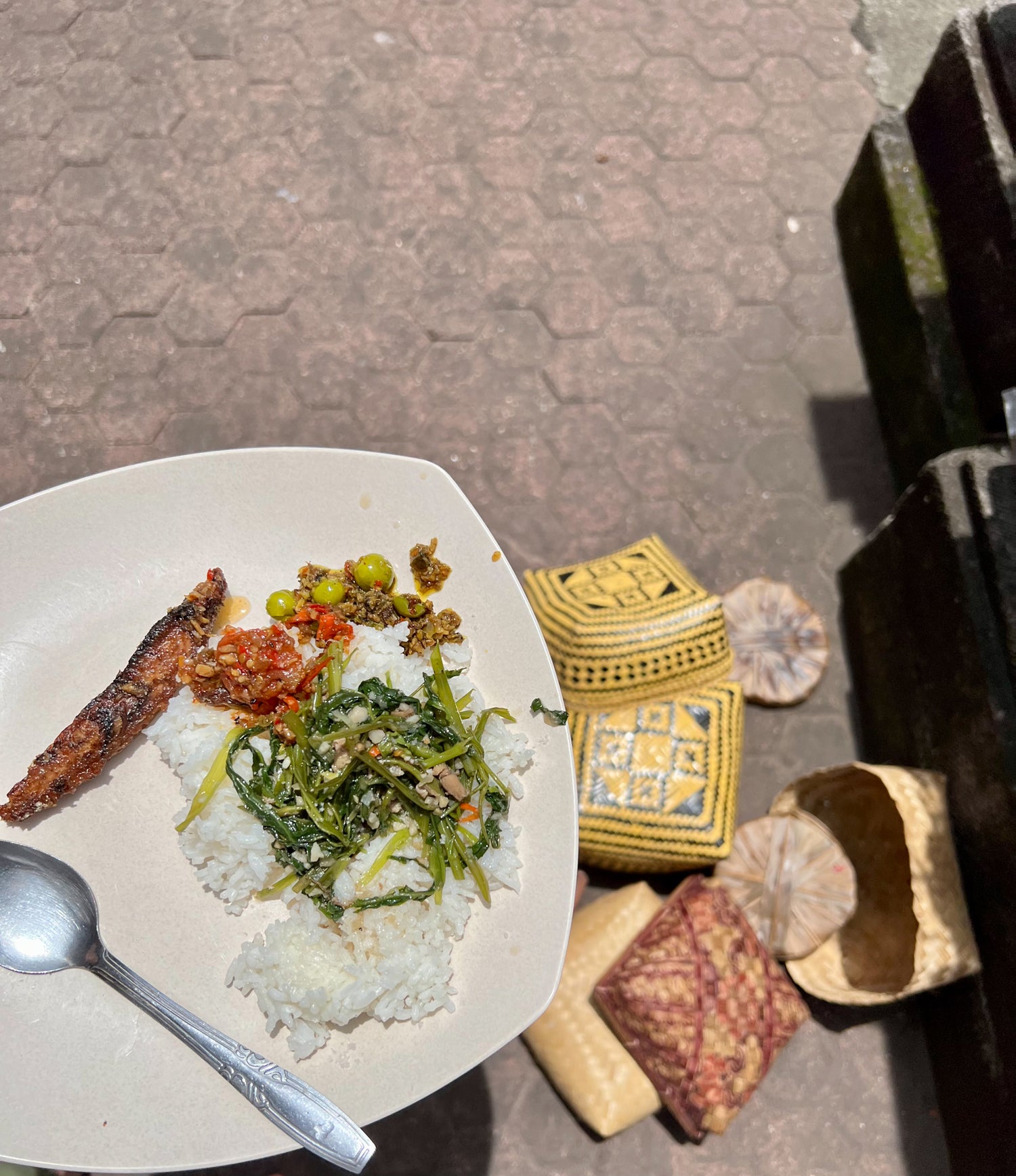
Why we do it
I feel endlessly lucky to have been raised on the magical island of Bali. Growing up, I caught the tail end of an era where it was completely normal for women to go about their business in the village topless. Now topless women are limited to grandmothers in more remote, rural areas. Balinese life is rich in duality. So while sexuality is something that isn’t flaunted in public, it’s certainly acknowledged and woven into rituals, customs and private life. Eroticism is depicted in Balinese art in a real, raw and often beautiful way. Sexuality is a fact of life in Bali, integrated, worshiped and abhorred all at once.
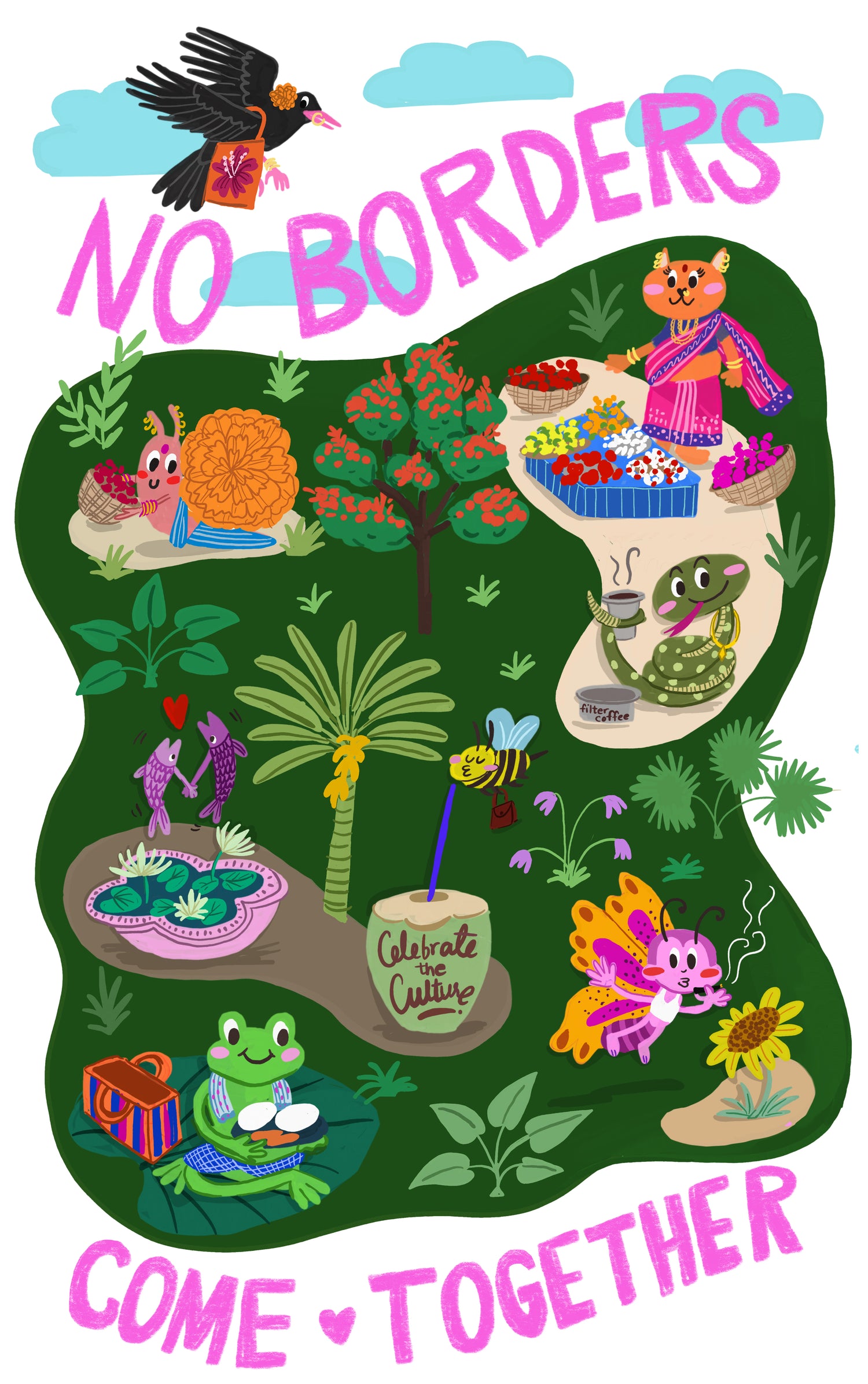



 Bali
Bali